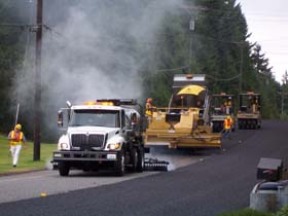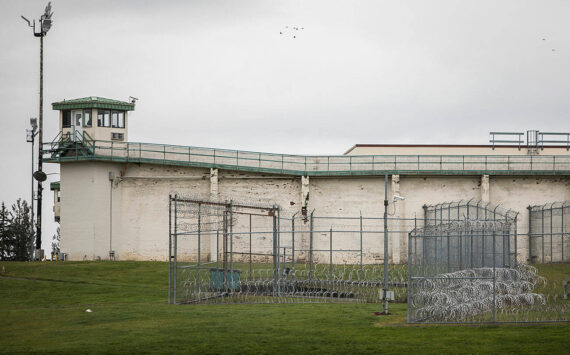Theres no law, rule or even general tradition in Alberta that would forbid Premier Ed Stelmach, and three fellow candidates in the recent race for leadership of the provincial Tory party, from paying their campaign debts by selling private meetings at a minimum $5,000 a pop.
Alberta has no accountability laws governing this sort of action. Heck, the candidates dont even have to tell you who their campaign backers were, unless they want to.
And theres no law requiring that what they do reveal is the complete list. Donors can actually request that their donations not be revealed and you can bet the recipients will respect that.
In fact, if you donated $5,000 or more to get your invitation to the private gatherings to be held in Calgary and Edmonton soon, you wont even get a tax receipt.
Thats because the donations arent designated as contributions to a political party under federal tax laws.
You dont get a tax receipt for buying political influence. You get to exchange information that could potentially lead you to business opportunities, ahead of anyone else.
Anyone and everyone can be completely welcome at the $500-a-plate dinners that the premier and his cabinet ministers will attend in a variety of Alberta cities soon including one in Red Deer.
Thats a well-honoured political tradition that allows people to dress up in their most expensive jewelry, get themselves noticed among the communities business elites, and perhaps even shake hands with the premier as he works the room.
That sort of political fundraising doesnt get you a full tax receipt, either, because the law designates that at least part of the ticket price the meal was a consideration received within the ticket price.
Theres no harm in any of that.
But for a guy who campaigned on the promise of a more open, honest and transparent government, these costly private meetings mark a radical departure between words and actions. Its enough to make you ask yourself if our new premier understands ethical distinctions at all.
Of all governments in Canada, Albertas has the farthest to go in terms of transparency.
Under Ralph Klein, Alberta staunchly resisted drafting laws to keep a list of lobbyists.
Nor does the province have much in the way of rules governing how retired government officials (like the former premier) can go about selling their inside knowledge.
As another example, Albertas access to information laws are specifically drafted to prevent access to government information. There is a lengthy and arbitrary list of exclusions to what you can ask for, and a sizable financial barrier to making an application for access to information about government actions.
All the candidates running to replace Klein as the leader of the Progressive Conservative Party of Alberta campaigned by agreeing to increase transparency in government. Each tried to outdo the other in showing their sincerity that the paradigm of secrecy and insider influence that so marked Kleins reign would end.
Well, as we now see, we might get transparent government, but not until after Stelmach, Finance Minister Lyle Oberg, Health and Wellness Minister Dave Hancock and former MLA Mark Norris have covered their campaign expenses.
By the way, were not entitled to know how much those expenses were, either.
What happens if these dinners and private meetings raise enough to exceed the debts they were designed to pay?
Do profits go to the Tory party and, if so, who will then get the tax receipts? Are there any rules governing how contributions to an individual can be turned over to a political party or does the money have to be given back, along with the advantages of having had a private meeting with the most powerful people in the province?
Stay tuned, I guess.
Contrast that with the federal laws mandating that political contributions to a federal party cannot exceed $1,000.
Even at that, Canadians discovered that the first transgressors of the federal laws were the guys who wrote them: Prime Minister Stephen Harper and members of his cabinet.
But at least in Ottawa there is enough transparency in the federal government to allow Canadians to discover this.
In Alberta, a wall of money sits on a foundation of laws guaranteeing secrecy, to hide the intentions of the people most central to government.
And for $5,000 or more, you can add to the wall of money and even have a private conversation behind it.
Greg Neiman is an Advocate editor.
An honest, transparent start?


Tags: Advocate editor, Alberta, American Federalist Party, Calgary, Canada, Dave Hancock, Ed Stelmach, Edmonton, federal government, Finance Minister, Greg Neiman, law requiring, leader, Lyle Oberg, Mark Norris, Ottawa, PREMIER, Prime Minister, Progressive Conservative Party of Alberta, Ralph Klein, Stephen Harper, Tory party, USD, Wellness Minister




